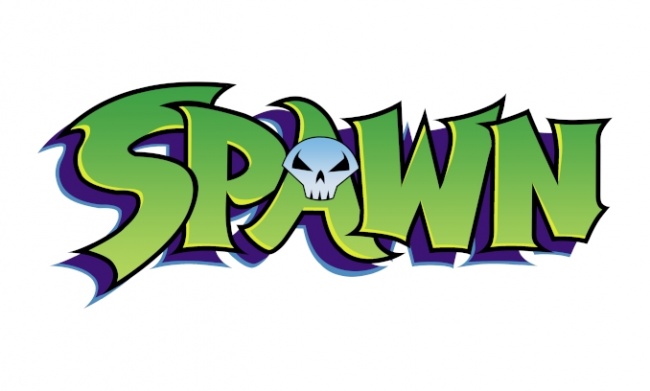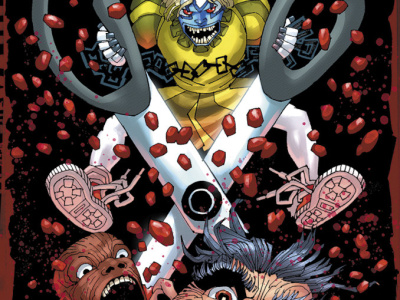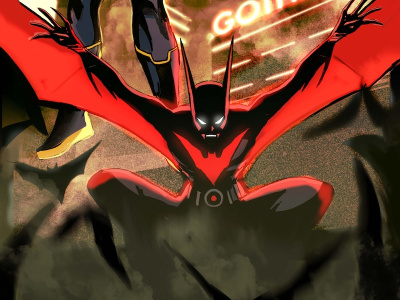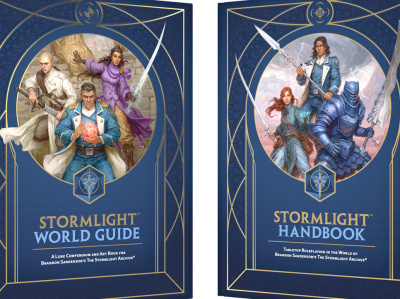The jury in Gaiman vs. McFarlane received its instructions from the judge and began deliberations about 3:30 p.m. Wednesdsay. About 5:30 p.m. the exhibits (documents entered into evidence) were given to them, and although they requested to break for the evening, Judge Shabaz instructed them to continue deliberations until 7:00 p.m., at which time they went home for the night. Deliberations will resume Thursday morning. These deliberations are only to determine whether there are any liabilities due from either McFarlane or Gaiman to the other; if there are, a second phase of the trial will then begin to determine the extent of the damages. Yesterday we reported on the presentation of the Gaiman case and the first part of McFarlane's response (see 'Wisconsin Courtroom Drama Part I' and 'Part II').
The trial resumed Wednesday with McFarlane under cross-examination by Gaiman's attorney. Between his direct testimony and the beginning of the cross-examination yesterday and his testimony this morning, McFarlane's time on the stand was considerably longer than Gaiman's. Much of this morning's testimony was an attempt by Gaiman's attorney to show that McFarlane's contention that the royalty percentages agreed to in August, 1997 were not Gaiman's basic DC deal was incorrect. He did so by going through each use of the work and having McFarlane review Gaiman's DC contracts, including contracts for Black Orchid, Book of Magic, Sandman, and Sandman trade paperbacks, to show that the percentages presented to Gaiman were correct. This was a key issue because from the beginning, the parties had agreed that Gaiman's deal with Image would be at least as good as his deal with DC.
As was the case yesterday, Judge Shabaz kept things moving. In fact, when one of the first questions was determined to be repetitive, the judge admonished Gaiman's attorney, 'We didn't quit yesterday so you could waste time this morning.'
On the other hand, when McFarlane's attorney objected to a question on the basis that 'the document speaks for itself,' Shabaz responded 'Not very well, counselor,' and allowed the questioning to continue.
Gaiman's attorney also spent considerable time discussing the events that led to the breakdown in the relationship in an attempt to compromise McFarlane's credibility. One key issue was that for the first time on Tuesday, McFarlane spoke of a call with DC VP-Managing Editor Terry Cunningham in which he learned some details of DC's typical media rights deals. Since that issue wasn't mentioned as a reason why McFarlane doubted Gaiman's representations regarding his DC deal in any communications with Gaiman, in the counter-claims for fraud, or in depositions, the attorney attempted to leave the impression that on at least some occasions McFarlane was dissembling.
He also attacked McFarlane's credibility on other issues. McFarlane had testified in depositions and in court that he had repeatedly asked Gaiman for copies of his DC contracts to verify the deal without success. A memo from then Image Executive Director Larry Marder to McFarlane in which he summarized deal points from Gaiman's DC contracts that he'd reviewed on McFarlane's behalf was shown.
The attorneys then made their closing arguments. As the plaintiff, Gaiman's had the first say. He focused on credibility, referencing the greater amount of time that McFarlane had spent under cross-examination and the number of credibility issues that had been raised. He asked the jurors to think about the cross-examinations. 'How did Neil hold up?' he asked. 'Think about how Todd did.'
McFarlane's contention that he'd never agreed to the terms in the fax from Gaiman to him in August of 1997 (which included the rights swap for Miracleman) was attacked by pointing out statements by Marder, Beau Smith, and another TMP employee stating that they'd been told by McFarlane that there was a deal, a
nd by actions that, it was argued, indicated assent. In fact, the final point in the argument was based on a statement by Marder in 1999 indicating surprise that the deal had broken down, since he thought the matter had been concluded.
The closing argument by McFarlane's attorney depicted Gaiman as attempting to get money and creative credit that actually belonged to McFarlane. He quoted Gaiman's note to McFarlane at the end of the original Spawn #9 script, which said, 'It's your playground, I'm just in for an afternoon on the swings.' He then took that statement one step further. 'Now, ten years later, Neil says he owns one of the swings and the slide and wants to be paid whenever someone goes around the merry-go-round.'
At least twice, he speculated on Gaiman's motives. 'I don't know if it was greed, ego, or maybe it was jealousy.' He also attacked Gaiman's credibility, describing the 'world of Neil' as a 'world of fantasy.' He focused on testimony Gaiman gave before lunch yesterday, and the differences between that and testimony 'after he went to lunch with his attorneys.' Image's attorney, who did his own closing, also attacked Gaiman's credibility.
As evidenced by the lengthy instructions by the judge, the jury's work is complex. They must decide numerous counts of Gaiman's complaint against McFarlane, his companies, and Image involving multiple copyright, trademark, and contract issues. They must also decide on McFarlane's fraud counter-claims against Gaiman.
Over-all, it did seem to us that McFarlane had a tougher time under cross-examination than Gaiman did, but there were no Perry Mason moments that made the audience (and jury) gasp with some sudden realization. This, like most civil cases, will be simply a matter of wading through the evidence, evaluating the credibility of the principals, and coming to some conclusions on each point.
The burdens of proof in this case are different from those in a criminal trial. For the jury to rule in favor of Gaiman, they must find that a 'preponderance of the evidence' supports his position. To find in favor of McFarlane on the fraud counts, they will have to find that the evidence was 'clear and convincing.' Both of these standards are less rigorous than the 'beyond a reasonable doubt' standard used in a criminal trial.
We were able to talk to Gaiman as he left the courthouse to get a few hours sleep as the jury began deliberations (he said he'd had only a couple of hours the night before). We asked him what he thought of his chances. 'I have no idea at all,' he said. 'It's up to the jury--who they believe, who presented the best case.'
Here's the rest of our coverage, much of it written after this article:
The damages phase and post-mortem--
'Gaiman Keeps Share of Spawn Characters'
The verdict --
'Gaiman Sweep!'
The first day ran long, so we broke our coverage into two parts:








